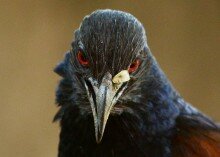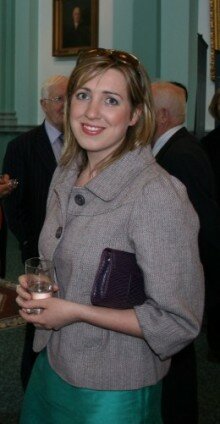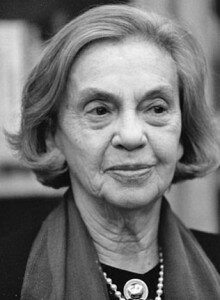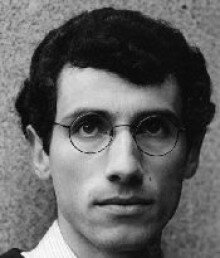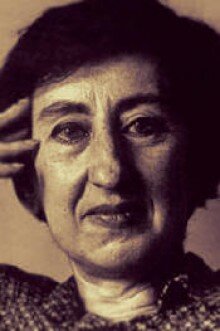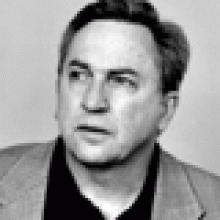
Since the late 1960s, John Tranter has been the established agent provocateur of Australian poetry. Tranter’s work has been seen variously as part (if not instigator) of a late-blooming Australian Modernism, an Australian response to Modernism and so a form of postmodernism, and, at its most aggressive, a similar response to postmodernism (‘post-postmodernism?’ as Australian poet John Kinsella puts it). In the critical and conceptual determining and redetermining of Australian poetry, Tranter has been a vitalising and invigorating force. As a poet, he has produced some of the most influential and distinctive works in Australian poetry (poems such as ‘Lufthansa’, ‘Debby and Co.’ are classics). As an editor and a critic, he has generously and consistently encouraged the development of Australian poetry in an international context, energising and demanding critical debate and an ongoing evaluation of the place of poetry in the contemporary context of mass-media communication and the emergence of a globalised technological culture.
Tranter is one of the great stylists of Australian poetry, a disciplined perfectionist. Throughout his career, he has broken down and reconstructed his poetic, abandoning – with rigour and ironic detachment – his poetry to a constant state of revolution and reinvention. His poems – be they closely wrought formal inventions or algebraically cut (-up) reinventions – are state of the art, models of design and form. Densely ironic, constantly playful, Tranter’s work breaks language open to find the modern world below, and only then to break that modernity open to find it constructed and complicated by the warping intricacies of language. Tranter’s parody and satire, of the presumptions and forms of poetry, couple with an equally biting social commentary, where an often isolated voice drifts, more fatigued than perplexed, by the deluge of the contemporary in its various forms: the rush and babble, the not quite broken lives, the migraines, sundowners, cars, migrants, through to the distant luminescence of America that underwrites so much of it. A peculiar irony of Tranter’s longevity and gifts, is that, having set out to break away from the formalism of the antecedent generation (represented by poets such as A.D. Hope), inspired early on by the likes of Rimbaud and, more closely, the freeing up of poetry in America presented in Donald Allen’s New American Poetry, Tranter has become one of the most skilled formalists in Australian poetry.
His work is a dangerous cocktail of pastiche, subtlety and inversion, acute and acerbic observation detailing and deploying the beautiful trap of language. Tranter once observed:
Language is an echo of our need to communicate, which is why it exists. I’ve never been interested in going totally beyond meaning, because there’s no point in writing. That’s not what poems are about, you might as well publish a leaf or a rock. But I am interested in the tensions you get when you go beyond conventionally expected meaning and come back again.
(From: Erica Travers, ‘An Interview with John Tranter’, Southerly, Volume 51, Number 4 (1991): 18)
Within Tranter’s poetry, Rimbaud’s claim that “One must be absolutely modern” is sampled and tested, giving the poetry over to a constant war with the silence and meaninglessness imposed on language and experience by the realities of the Twentieth century; an absolute modernity Rimbaud could not have conceived of through all the seasons in hell.
Having begun as a revolutionary with a gift for irony, in close on forty years at the terminal, and with numerous influential poetry collections and two key anthologies of modern Australian poetry (along with the internationally acclaimed Jacket) to his credit, Tranter is one of the engines of contemporary Australian poetry and a strong presence on the international stage. For all of that Tranter’s work is – as poetry should be – fun, very serious, at times eviscerating, fun.
Reader beware! Postmodernism never had it so good!
Bibliography
Poetry
Parallax (1970)
Red Movie (1973)
The Blast Area (1974)
The Alphabet Murders (1976)
Crying in Early Infancy: 100 Sonnets (1977)
Dazed in the Ladies Lounge (1979)
Selected Poems (1982)
Gloria (1986)
Under Berlin (1988)
The Floor of Heaven (1992)
At The Florida (1993)
Gasoline Kisses (1997)
Late Night Radio (1998)
Blackout (2000)
Ultra (2001)
Heart Print (2001)
Borrowed Voices (2002)
Trio (2003)
Studio Moon (2003)
Fiction
Different Hands (1998)
Anthologies and Compilations
The New Australian Poetry (1979)
The Tin Wash Dish (1989)
The Penguin Book of Modern Australian Poetry (co-editor) (1993). Also published as The Bloodaxe Book of Modern Australian Poetry.
Martin Johnston – Selected Poems and Prose (1993)
Interesting websites
John Tranter’s essay on Rubenking’s Brekdown
More information on the origination of the poems presented here.
Jacket
Tranter’s highly influential internet-only literary magazine.
John Tranter’s homepage
Biographical and bibliographical information, interviews, reviews and more.



